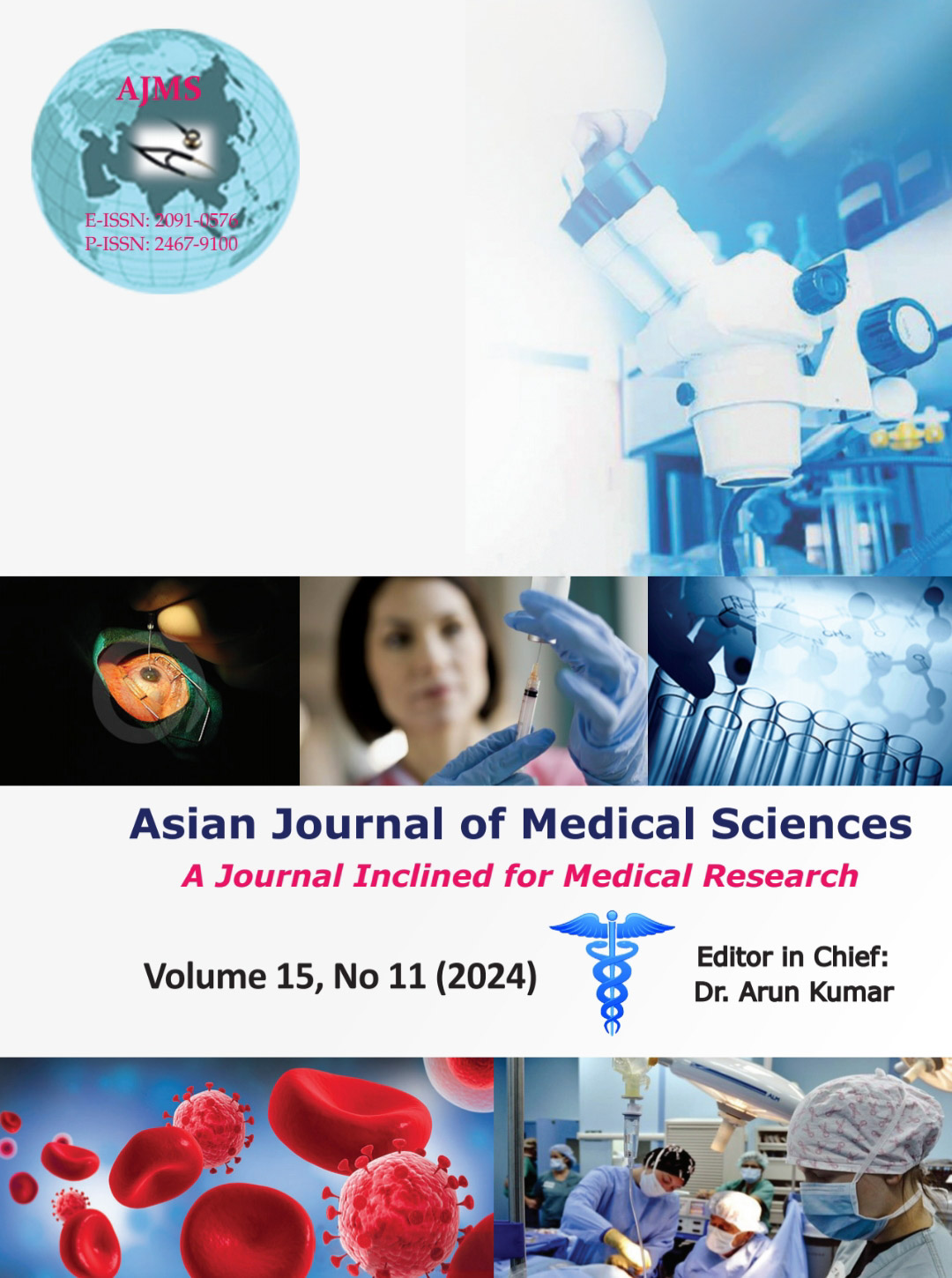Parkinsonism in a young adult after ventriculoperitoneal shunt procedure for tri ventricular obstructive hydrocephalus – A case report
Keywords:
Tri-ventricular obstructive hydrocephalus; Right ventriculoperitoneal; Post-shunt ParkinsonismAbstract
This case report centers on a 19-year-old male diagnosed with tri-ventricular obstructive hydrocephalus due to aqueductal stenosis. Following a right ventriculoperitoneal (VP) shunt procedure, the patient initially exhibited marked improvement but later developed Parkinsonian symptoms. Extensive investigations meticulously ruled out shunt malfunction and phenytoin toxicity. The suspicion of Parkinsonism secondary to VP shunt emerged, leading to the initiation of anti-Parkinsonian medications. The patient underwent a personalized treatment regimen with anti-Parkinsonian drugs, which yielded substantial clinical improvement. This case report underscores the importance of identifying unusual neurological presentations post-VP shunt. The critical role of early diagnosis and precise pharmacological intervention in the patient’s recovery cannot be overstated, and it emphasizes the potential for rare complications like post-shunt Parkinsonism.
Downloads
Downloads
Published
How to Cite
Issue
Section
License
Copyright (c) 2024 Asian Journal of Medical Sciences

This work is licensed under a Creative Commons Attribution-NonCommercial 4.0 International License.
Authors who publish with this journal agree to the following terms:
- The journal holds copyright and publishes the work under a Creative Commons CC-BY-NC license that permits use, distribution and reprduction in any medium, provided the original work is properly cited and is not used for commercial purposes. The journal should be recognised as the original publisher of this work.
- Authors are able to enter into separate, additional contractual arrangements for the non-exclusive distribution of the journal's published version of the work (e.g., post it to an institutional repository or publish it in a book), with an acknowledgement of its initial publication in this journal.
- Authors are permitted and encouraged to post their work online (e.g., in institutional repositories or on their website) prior to and during the submission process, as it can lead to productive exchanges, as well as earlier and greater citation of published work (See The Effect of Open Access).




